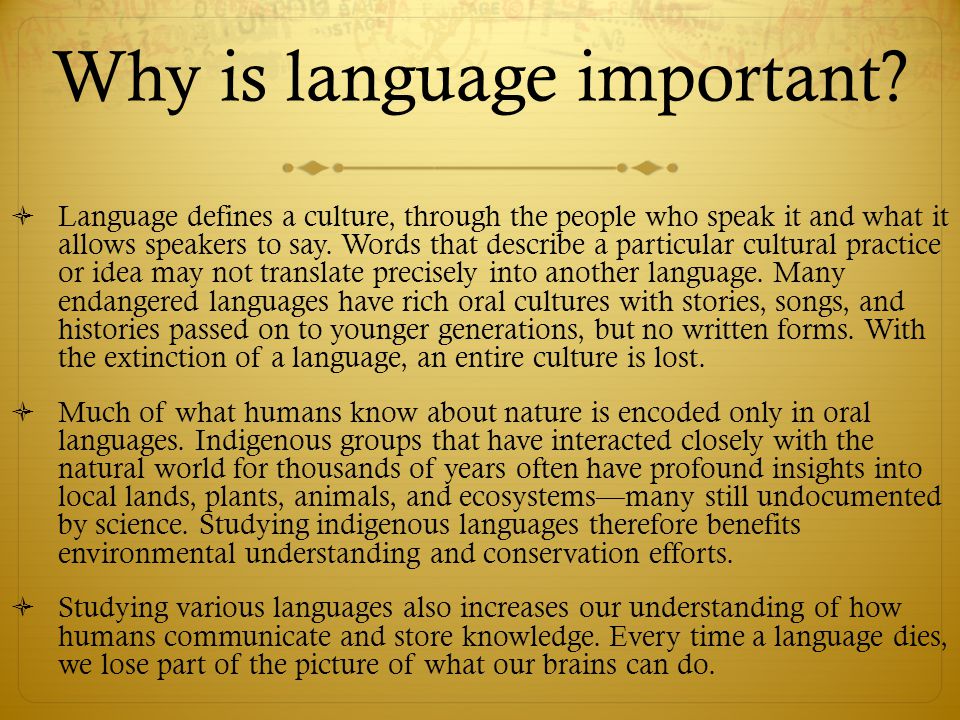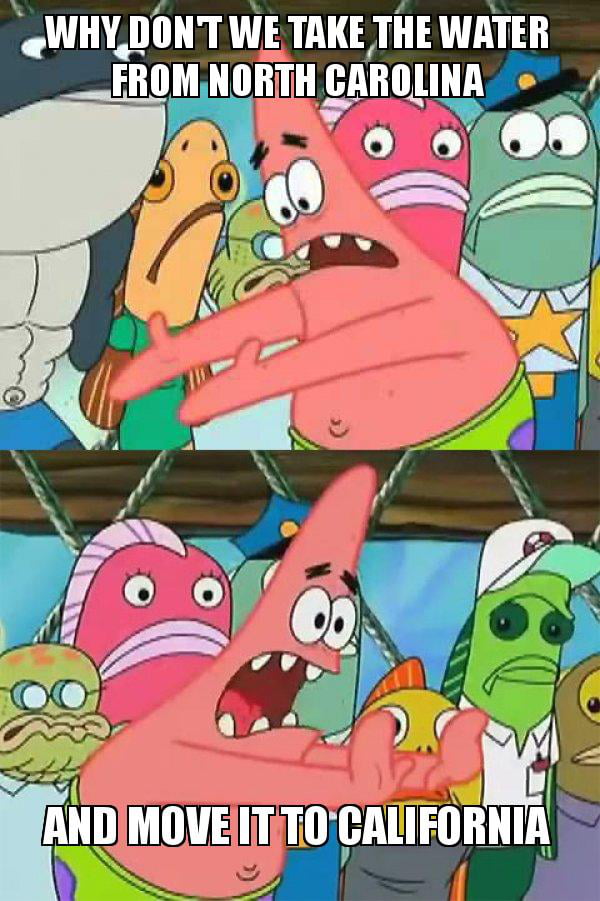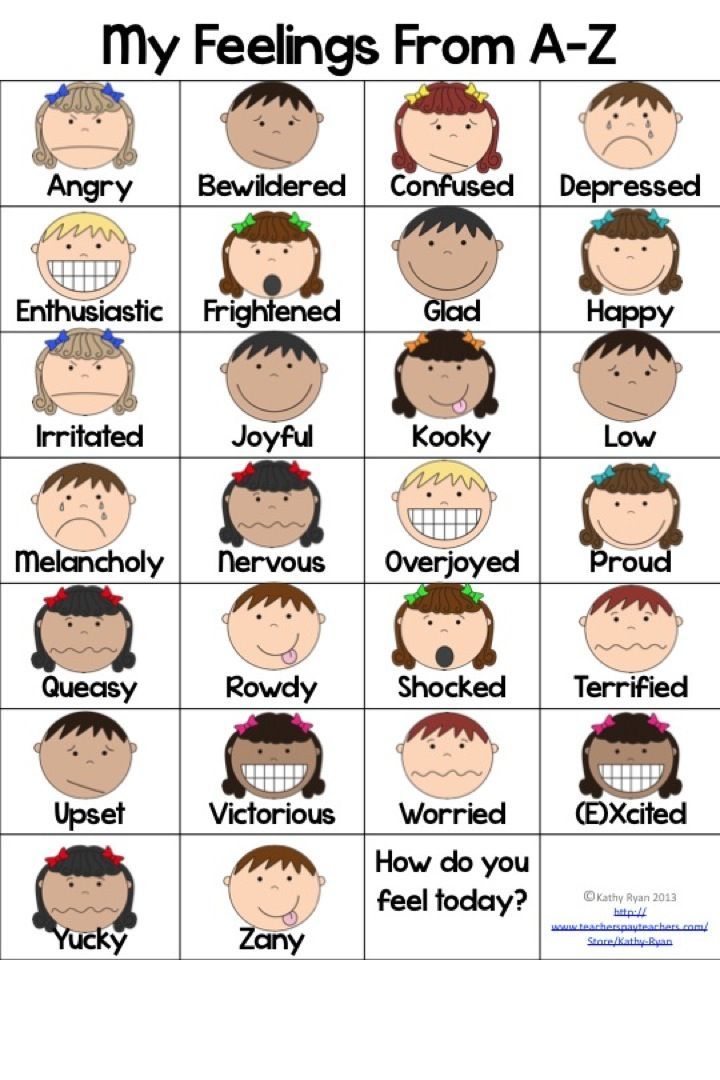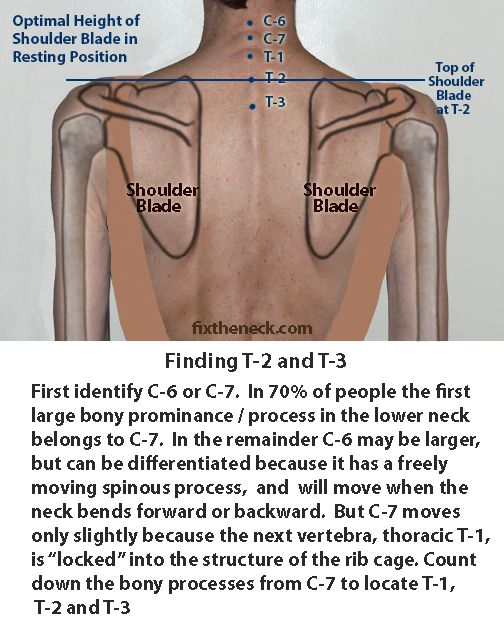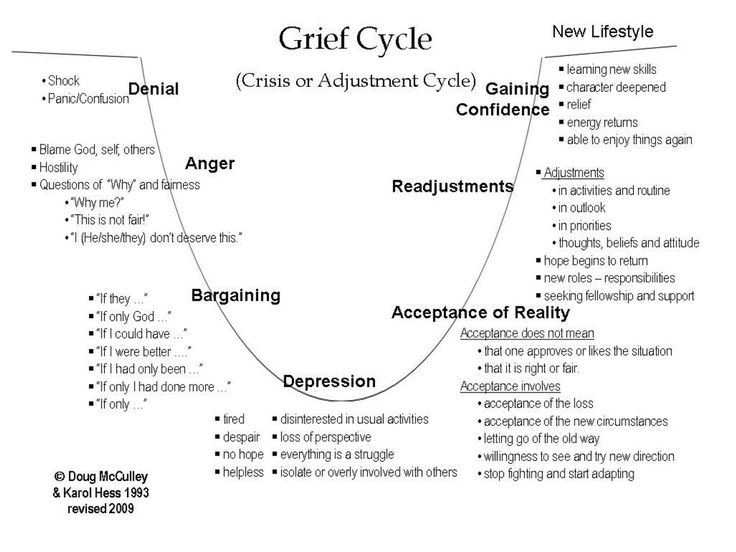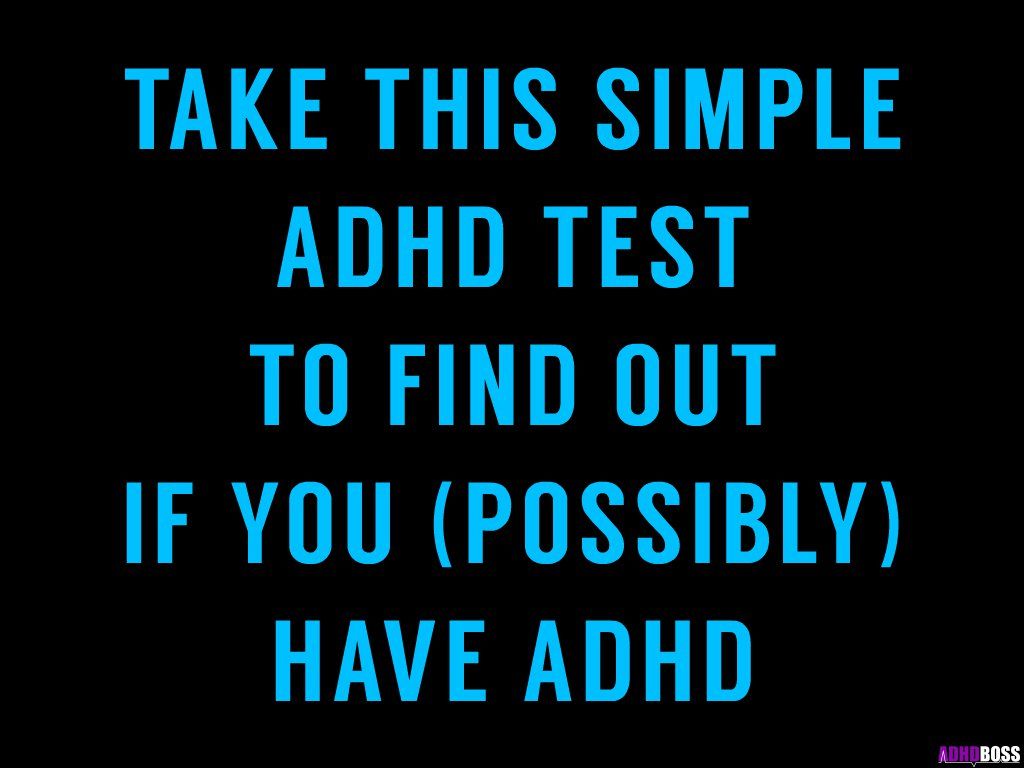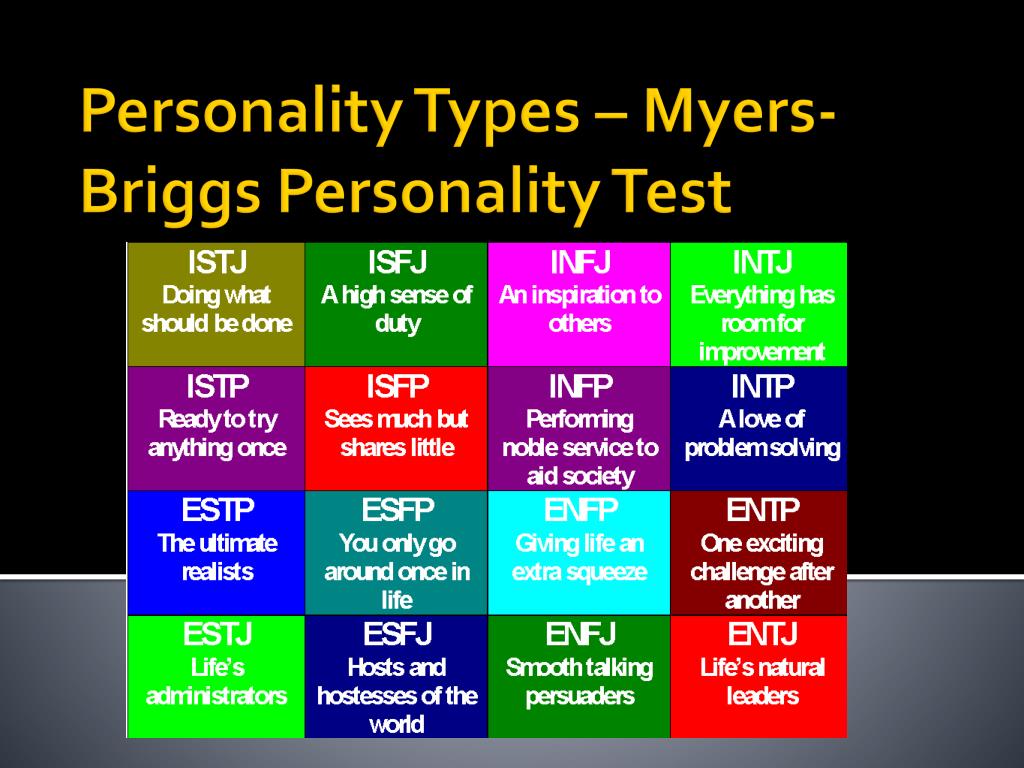Why is human connection important
6 Ways to Achieve It
Jump to section
What is human connection?
Why is human connection so important?
What is loneliness, and what does it feel like?
How to cope with loneliness
How do you make human connections? 6 ways to feel more connected
We need real human connection now more than ever.
I remember, maybe 9 months ago, just crying. I felt so lonely (did I mention that I live with my husband and 2 sons?) — there's nothing quite like feeling lonely when you aren't actually alone.
For me, I missed girlfriends and casual acquaintances I'd come to depend on, at the gym, the break room, my team at work. People who knew me (or didn't), who shared interests or cared in ways that were different from my family asking (with love) about the next meal.
Even though it seems we’re always connected thanks to social media and our smartphones, that notion couldn’t be further from the truth. A recent survey revealed that over 3 in 5 Americans are lonely. To make matters worse, this feeling of isolation has substantially increased since the start of the Covid-19 pandemic.
Loneliness occurs when there’s a lack of genuine human connection to other people. But what does human connection mean, really?
Let’s consider the human connection definition, why the power of human connection is important in our lives, and how to build meaningful relationships with others.
What is human connection?
Human connection is a deep bond that’s formed between people when they feel seen and valued. During an authentic human connection, people exchange positive energy with one another and build trust.
Human connection makes you feel heard and understood and gives you a sense of belonging.
Why is human connection so important?
Human beings are social species, wired to connect.
According to Maslow’s Hierarchy of Needs, besides food, water, and safety, love and belonging are the most important needs we must fulfill. This includes our desire for interpersonal relationships, intimacy, to connect with others, and to be integrated into a group. When these needs are met, our overall well-being improves, and we live a more fulfilled life.
This includes our desire for interpersonal relationships, intimacy, to connect with others, and to be integrated into a group. When these needs are met, our overall well-being improves, and we live a more fulfilled life.
The 2021 World Happiness Report found that people who experienced an increase in connectedness with others during the pandemic had:
- Greater life satisfaction
- More resilience
- Better mental health
Having a strong support system helps people overcome challenges more easily and maintain a state of mental well-being.
Human connection also decreases health risks and improves physical well-being and longevity. Strong social connections strengthen the immune system and increase your chances of a longer life by 50%.
What is loneliness, and what does it feel like?
Loneliness doesn’t necessarily mean being alone.
Loneliness is a state of mind that occurs when there’s a disconnect between one’s desire for human connection and their actual level of connection. In other words, it’s when our longing for human relationships is unfulfilled.
In other words, it’s when our longing for human relationships is unfulfilled.
Loneliness can be found anywhere. Someone can have many social interactions but feel lonely because they lack a real connection with those around them. Others have close relationships with friends and family but long for an intimate connection with a partner.
While everyone can experience loneliness differently, it often manifests as social isolation, feeling left out, unheard, or not belonging. If left unchecked, it can also have serious effects on your emotional well-being and physical health.
According to psychologist Amy Sullivan, PsyD, your level of cortisol, a stress hormone, goes up when you’re lonely. Chronic stress can lead to many health issues, including heart disease and cancer. Because of its many health risks, recent studies compare loneliness to smoking 15 cigarettes per day.
How to cope with loneliness
Dealing with loneliness isn’t easy. For one thing, it builds on itself. Loneliness accumulates and we convince ourselves that it is huge and insurmountable. It makes you feel strange and off, even to yourself. It can feel embarrassing, as an otherwise functioning adult, to admit, even to yourself, that you are lonely. In our empowered, hustle, made-for-IG world, admitting to loneliness feels like a failure.
Loneliness accumulates and we convince ourselves that it is huge and insurmountable. It makes you feel strange and off, even to yourself. It can feel embarrassing, as an otherwise functioning adult, to admit, even to yourself, that you are lonely. In our empowered, hustle, made-for-IG world, admitting to loneliness feels like a failure.
It can feel hard, almost impossible to break out of the state of loneliness, but it’s a state that can be overcome, surprisingly easily. Loneliness is highly susceptible to action. Here are some ways to combat loneliness and strengthen your connection to society.
Talk to someone
The stigma surrounding asking for support has reduced since the onset of the pandemic. This is thanks to increased awareness of mental health. Seeking help is one of the bravest and most helpful steps you can take to overcome loneliness and the feelings that come with it.
A mental health counselor can offer helpful advice and guide and support you to build healthy relationships and meet new people. Speaking to a professional also equips you with the coping strategies you need to navigate and overcome feelings of chronic loneliness.
Speaking to a professional also equips you with the coping strategies you need to navigate and overcome feelings of chronic loneliness.
Take initiative
It might sound obvious, but loneliness thrives in solitude. Loneliness can make you feel unwanted and isolated from those around you. To break out of this negative mindset, you have to take the initiative and put yourself out there.
Be proactive and reconnect with friends and family, or build new relationships. Call an old friend, join a club, or take your colleagues out for a drink. Make your well-being a priority and try new activities to build fulfilling human connections.
Give back to others
Volunteering is a meaningful way to connect with others, make friends, and feel a sense of purpose in your life. Giving back to those in need also amplifies your sense of gratitude and well-being.
In a recent UK survey of more than 10,000 people, 2 out of 3 said volunteering helped them feel less isolated.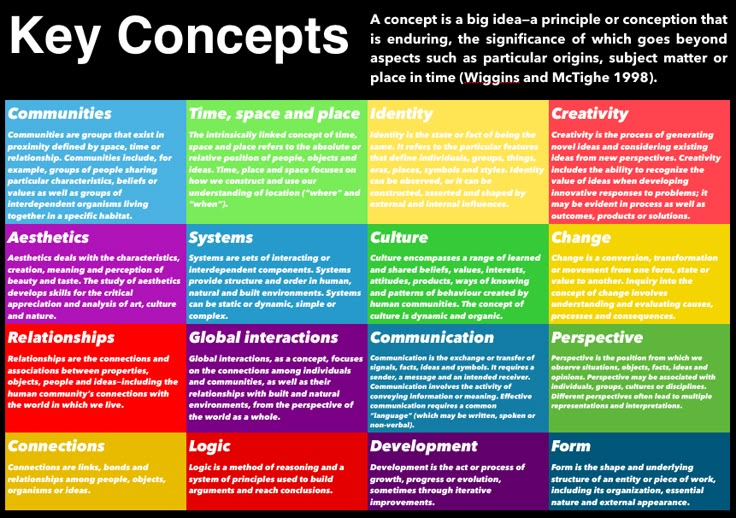 Volunteering opportunities introduce you to a new set of people with similar goals and values. It also gives you a sense of meaning that’s often lost when you lack human connections.
Volunteering opportunities introduce you to a new set of people with similar goals and values. It also gives you a sense of meaning that’s often lost when you lack human connections.
How do you make human connections? 6 ways to feel more connected
Making human connections sometimes requires being brave and taking chances. For example, striking up a conversation with someone new can be intimidating, especially if you’re shy. It requires you to step out of your comfort zone despite feeling nervous.
Ultimately, the rewarding feeling of building human connections far outweighs the initial fear you may feel when you put yourself out there. Let’s look at six simple ways you can integrate into society.
1. Surround yourself with people with shared interests
It’s easy to bond with people who share the same interests and hobbies as you.
If you love reading, joining a book club can be a great way to socialize and form new friendships with people that share your love of books.
Or, if you’re a runner who likes to stay active, joining a local running club could be an opportunity to meet new people.
2. Overcome your resistance
Building relationships is often intimidating because of a natural fear of rejection. But to make these connections, we have to overcome our resistance to change and embrace situations outside our comfort zone.
3. Smile (once in a while) and try out a positive attitude
First impressions count. Trying to have a generally positive demeanor and a genuine smile will naturally draw people to you. That doesn't mean you have to be positive all the time or blindly optimistic. But it's helpful to do a gratitude exercise and spend a few minutes noticing what is good in your life prior to spending time around others. Research shows people are more drawn to positive emotions than negative ones when it comes to forming social connections.
So if you want to maximize your chances of being a people magnet, put your best self forward.
4. Open up to others
If you want to make friends more easily, allow yourself to be more vulnerable with others. That doesn't mean to drop all filters or boundaries. Too much, too soon can put others off and leave you feeling more alone. But you also don't have to be a curated version of yourself.
People can sense whether someone is genuine or not, so let them see the most authentic version of you. Your vulnerability will also prompt them to feel comfortable around you and connect with you on a deeper level.
5. Don’t hide in your phone
It’s easy to retreat into our smartphones when we’re feeling uncomfortable in a social situation. But this can hinder our ability to make real-life connections.
For example, being on your phone during a party or while networking will make you seem less approachable. Whenever you’re out, focus on being present and engaging with the people around you.
6. Stay in touch
Human connection needs to be nurtured.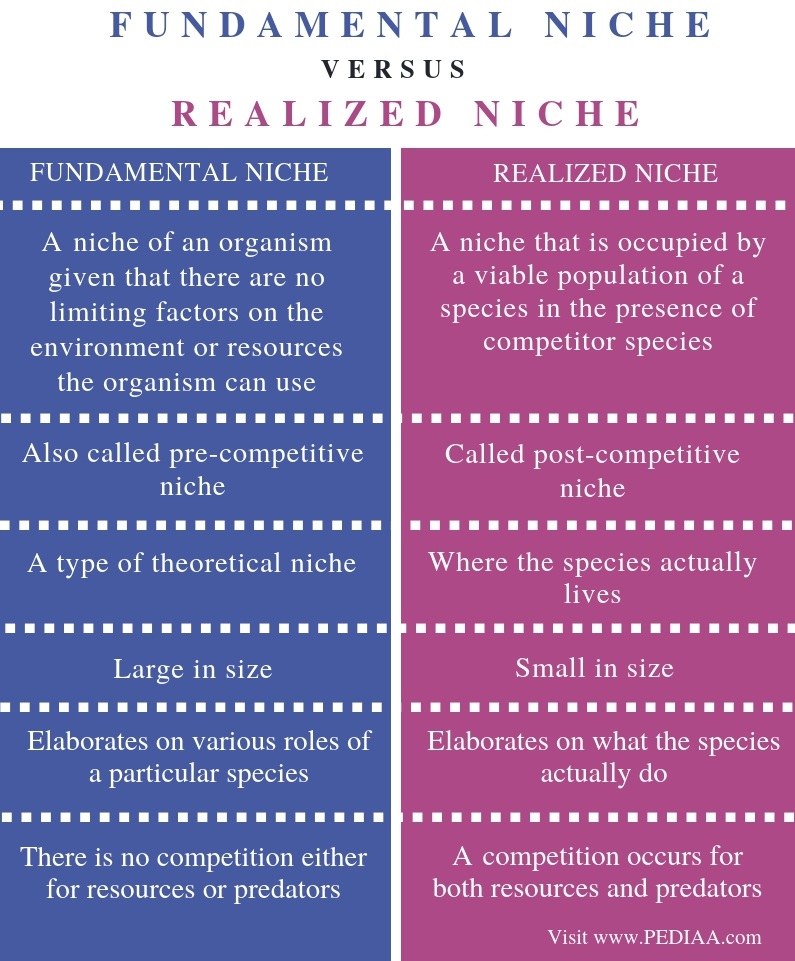 For example, if you’ve made a new friend, keep in touch with them and grow your friendship. At the same time, work on maintaining your existing relationships with close friends, family, or team members.
For example, if you’ve made a new friend, keep in touch with them and grow your friendship. At the same time, work on maintaining your existing relationships with close friends, family, or team members.
Regular contact deepens your connections with others and ensures you don’t lose touch with those you value most.
How to build a lasting human connection
If you’ve ever felt lonely, you’re not alone. Many people experience or have experienced a lack of human connection at some point in their lives.
The key to overcoming loneliness and living a more fulfilling, happier life is to challenge yourself and look for opportunities to build genuine connections with those around you.
This can be anything from joining a club, reconnecting with an old friend, or volunteering for a cause you believe in.
If you find yourself struggling with building connections, personalized support from BetterUp can help.
Why It's Important I Psych Central
Social connection can help boost your mood and manage your emotions.
Through the years, we’ve thrived as a species by connecting with others. Whether we were hunting for meat, gathering berries, or traveling in stagecoaches — we did it together in social groups.
It’s this human connection that has advanced our world from gathering and hunting for our food to shopping for it in grocery stores.
But with the rise of digital interactions, we’ve also seen an increase in loneliness.
We no longer meet for drinks after work or gather with our friends for game or movie nights. Meetings and social gatherings are now done virtually. We celebrate the events in our lives with a heart or thumbs-up emoji.
In 2019, before the pandemic, 3 in 5 Americans reported being lonely. After the pandemic, this number increased, particularly among young people.
The proposed reason for this rise in loneliness is lack of social interaction and support from our peers and poor mental health.
Simply put: We need human connection. Connecting with others on a physical and emotional level can improve our health and overall well-being.
Human connection is the sense of closeness and belongingness a person can experience when having supportive relationships with those around them.
Connection is when two or more people interact with each other and each person feels valued, seen, and heard. There’s no judgment, and you feel stronger and nourished after engaging with them.
Human connection can be a chat over coffee with a friend, a hug from a partner after a long day, or a hike in the woods with a family member.
Connecting with someone doesn’t have to always include words, either. Time spent in relative closeness and experience can also be a bonding experience.
Our day-to-day lives are busy. We spend our days balancing between endless meetings, school activities, and family responsibilities. On top of that, we try to squeeze in exercise and running errands.
This leaves us with no time to connect. In a world of more virtual interactions than physical, human connection is now more important than ever.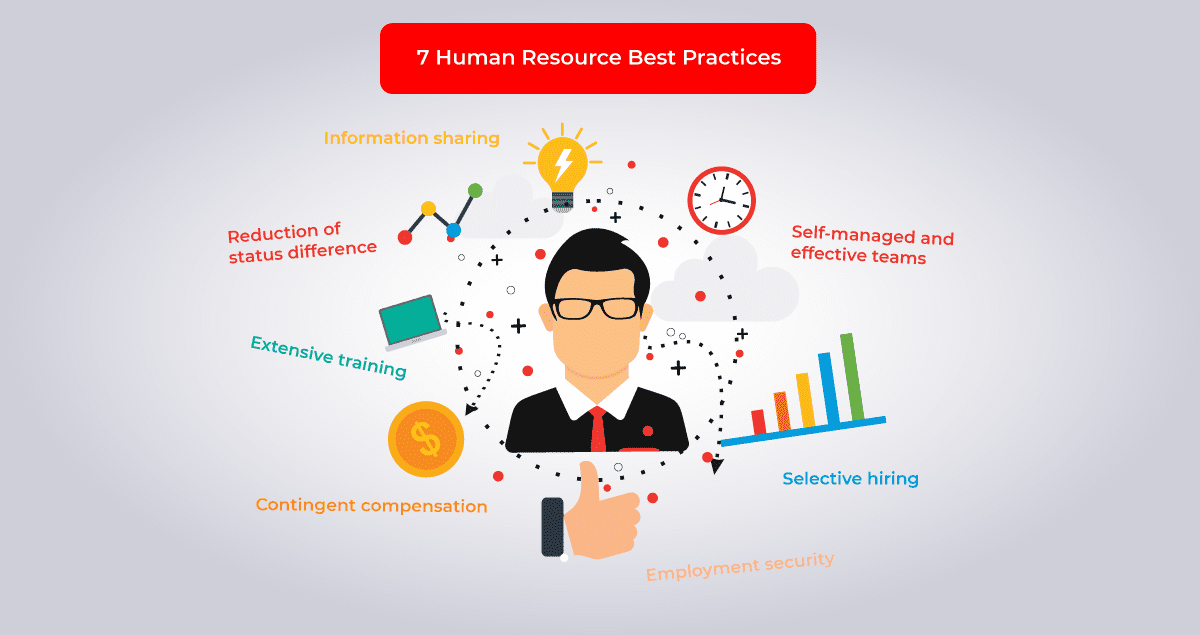
Here are some benefits to social connection.
Mental health boost
Social connections can offer a number of mental health benefits, such as boosting mood, reducing stress, and improving self-esteem.
A 2018 study led by researchers with the American Cancer Society (ACS) examined data from more than 580,000 adults and found that social isolation can contribute to depression, insomnia, and cognitive decline.
Longer lifespan
Other research suggests that social isolation can increase chances of death by at least 50%. A lack of human connection was found to be more harmful than even obesity and smoking.
Improved quality of life
Loneliness has been shown to impact not only our physical health but our emotional health, too.
The same 2018 study conducted by the researchers from ACS also found that lack of social connection may be associated with obesity, heart disease, and smoking. Another study linked social isolation to up to a 30% increased chance of stroke and heart disease.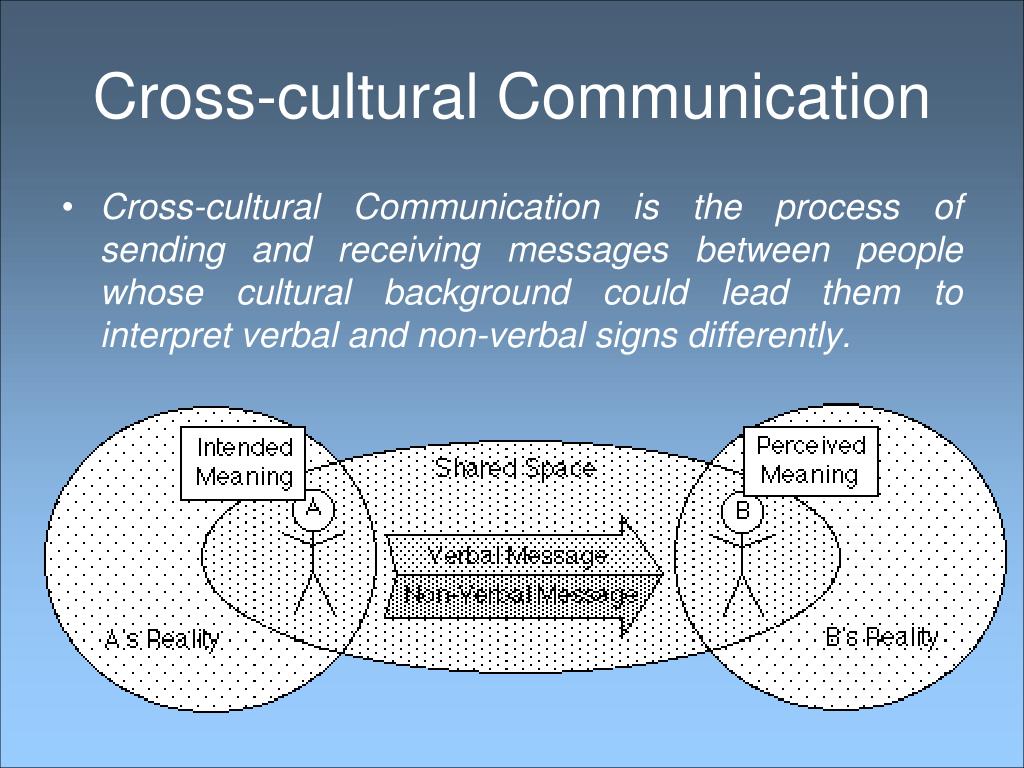
A 2015 study found that social isolation might also be associated with lowered immune system, making you more vulnerable to viruses and disease.
Increased fulfillment
When we reconnect with friends, whether that’s through a quick phone call or on a nature hike, we can go through a multitude of emotions. We’re either laughing, crying, or venting.
When we express these emotions, our brains release dopamine and endorphins — the “feel good” neurotransmitters responsible for happiness and mood.
Social connection can look different for everyone. If you’re an introvert, it might be overwhelming trying to find ways to be more social.
If you’re not sure where to start, try some of these tips.
- Consider volunteering at a nonprofit organization near you. Helping others is a rewarding way to build friendships and connect with others.
- Consider joining a local group, like a book club or hiking group, that meets regularly. Routine interaction is a great way to get comfortable with socializing and getting to know others.
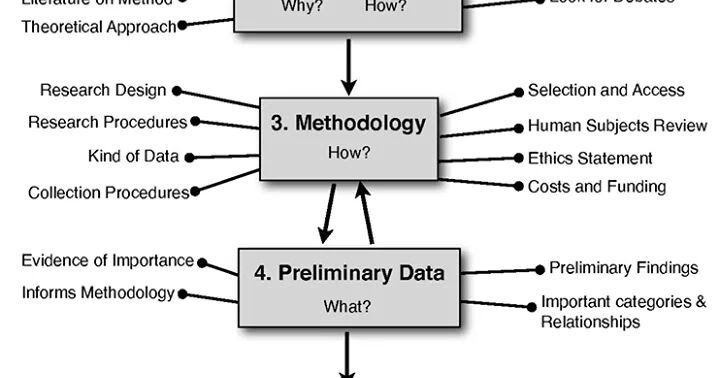
- Try to find an engaging activity in your area and consider signing up. Common interests are a great way to bond and form relationships.
- When engaging in conversations, try to actively listen. The more interest you display, the more genuine you’ll come across. Try to ask questions, so the other person knows you’re listening.
- When you enroll in a class or are scheduled to meet for a bike ride, try to avoid canceling. Doing this repeatedly can only delay connecting and engage with others.
- Try to get more physical. Regardless of the type of relationship, a hug can go a long way. Touch can deepen our relationship bonds (as long as the other person is willing of course).
It’s never too late to engage in human connection. The benefits can have a lasting impact on your mood and stress levels.
If thinking about joining a group or starting a discussion with a stranger gives you extreme anxiety, consider reaching out to a mental health professional.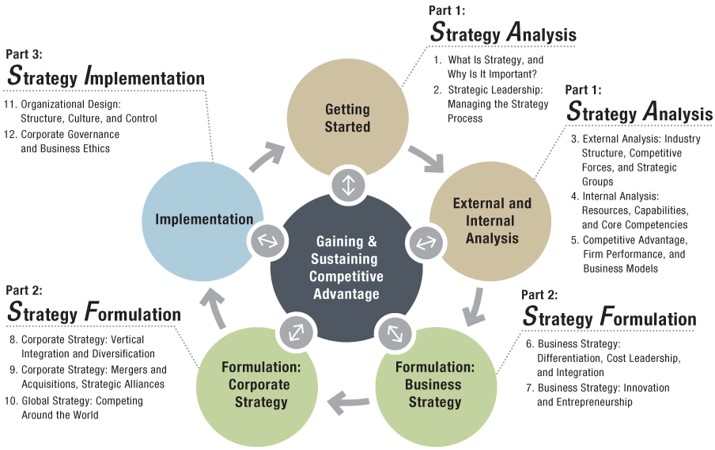 They can work with you on strategies that may help you manage your responses to triggering thoughts and events.
They can work with you on strategies that may help you manage your responses to triggering thoughts and events.
Support groups may also be a beneficial first step toward connectedness. Knowing you aren’t alone and others also have trouble cultivating relationships can improve your outlook on forming connections in the future.
Also, support groups are a great way to learn coping strategies and gather suggestions about different ways to connect with others.
Remember that not everyone has to connect socially in the same way. If you’re more introverted, hanging out with a group of people may not be your thing. Try to find a way to connect that fits you and your unique lifestyle.
The Golden Key: why it is important to change character, and not "put on a mask"
Is behavior adequate to character? Many people think that they are one and the same. But it's not. Behavior does not always reflect our nature. Behavior is an external manifestation in the surrounding world, and it often answers the question: who do I want to appear, the character determines the core of a person, his motives and values, motivational coach Gohar Davtyan is sure
Behavior is an external manifestation in the surrounding world, and it often answers the question: who do I want to appear, the character determines the core of a person, his motives and values, motivational coach Gohar Davtyan is sure
We must focus our main efforts on the development of our own character, which, like the roots that support a huge tree, is often invisible to others. But it is thanks to the care of its roots that we eventually see the fruits. With the permission of the Bombora publishing house, Forbes Life publishes an excerpt from the book of motivational coach Gohar Davtyan “Point of Balance”
In my opinion, a modern person pays too much attention to developing skills, gaining knowledge and competencies, not paying attention to the fact that success requires a good foundation - a strong character. In fact, the most powerful resource for success is character, which remains undeveloped.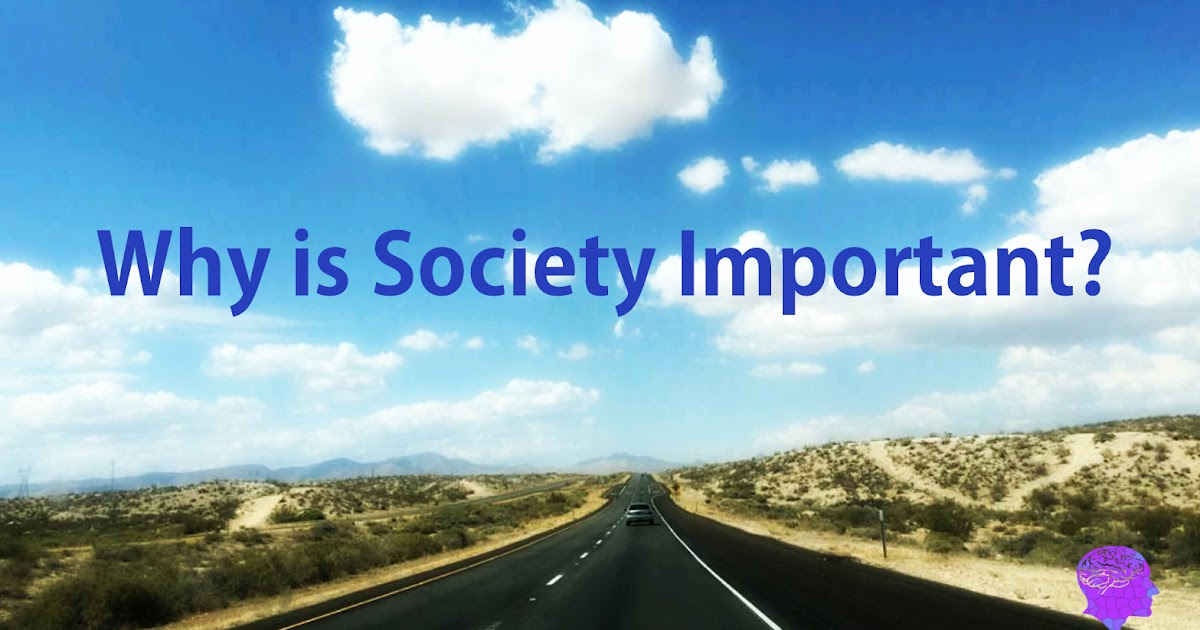
To begin with, let's figure it out: what does character mean? Character - a set of properties and qualities of a personality that impose a certain imprint on all its manifestations and deeds. Character traits determine a particular way of human behavior, the way of his life. Character is the essence of a person, and he should not "live" separately, his own life. If you suppress your nature for a long time, it can become unpredictable, figuratively speaking - jump out from behind a corner and behave in the most bad way at the most inopportune moment.
Knowing your character is what I consider the most important thing on the road to success. And if you don’t like something, remember that we decided not to put on a mask, but to change our character.
Can character be changed? - you will be surprised. Yes, character is not a constant, you can and should work with it. Scientists have already proven that the brain can and should change throughout life.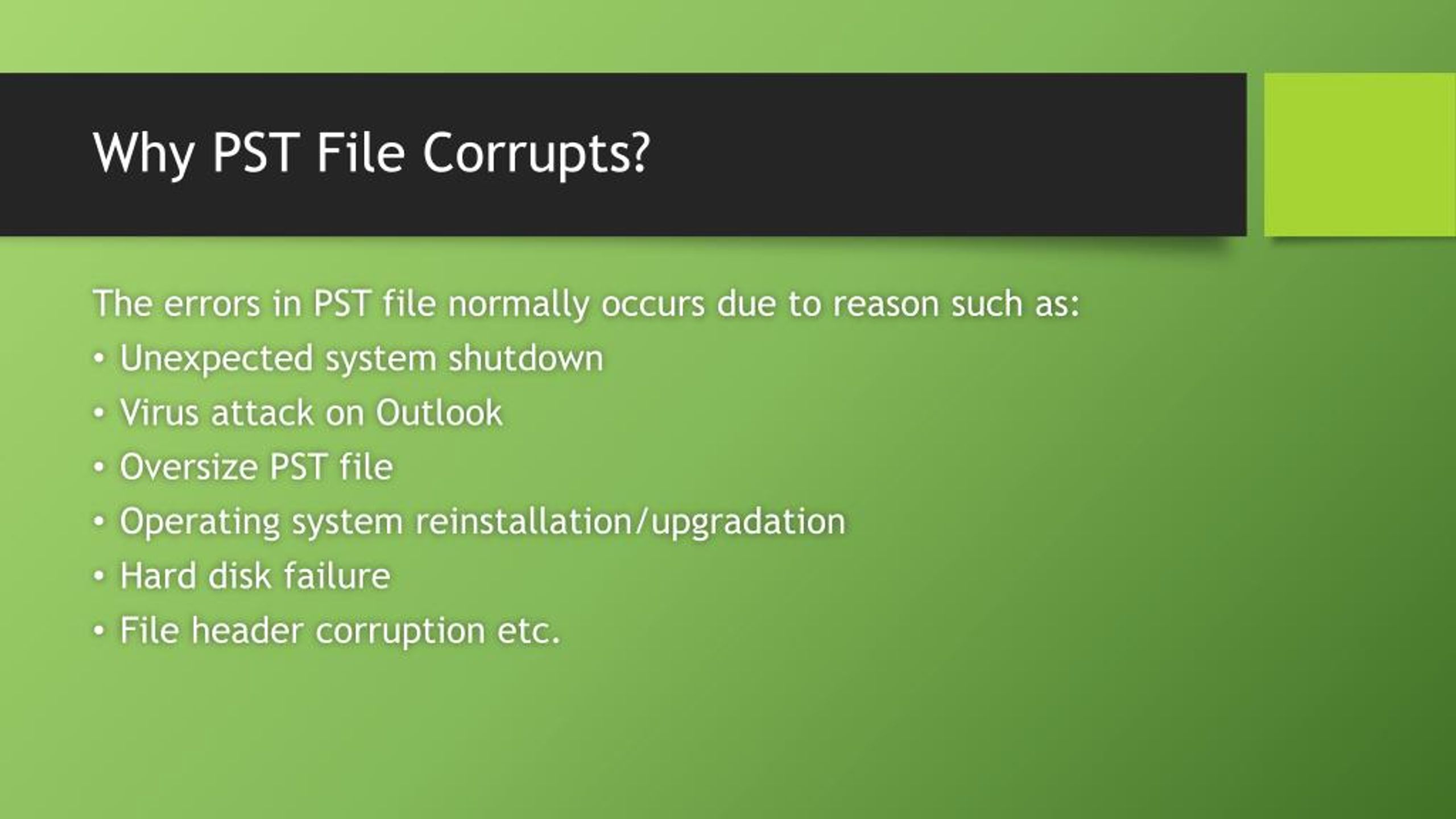 He is unusually mobile, quickly transforming, even such a concept as neuroplasticity1, which began to be discussed relatively recently, has entered science. During the 20th century it was generally accepted that the brain remained unchanged after completion of formation in childhood. But that view is now changing with new research showing that the brain retains plasticity beyond childhood. Neuroplasticity refers to the processes of making or breaking connections and neurogenesis. Its role is widely recognized by modern medicine and psychology as a phenomenon that allows you to develop character, change personality through internal transformations;
He is unusually mobile, quickly transforming, even such a concept as neuroplasticity1, which began to be discussed relatively recently, has entered science. During the 20th century it was generally accepted that the brain remained unchanged after completion of formation in childhood. But that view is now changing with new research showing that the brain retains plasticity beyond childhood. Neuroplasticity refers to the processes of making or breaking connections and neurogenesis. Its role is widely recognized by modern medicine and psychology as a phenomenon that allows you to develop character, change personality through internal transformations;
In today's society, no one really thinks about changes in one's own character, and it is not customary to talk about it, because for many years we have all been mistaken, thinking that character is not subject to change. I want you to pay attention to your character - as the main resource for achieving all the best in your life, the way to harmonize yourself and the world around you.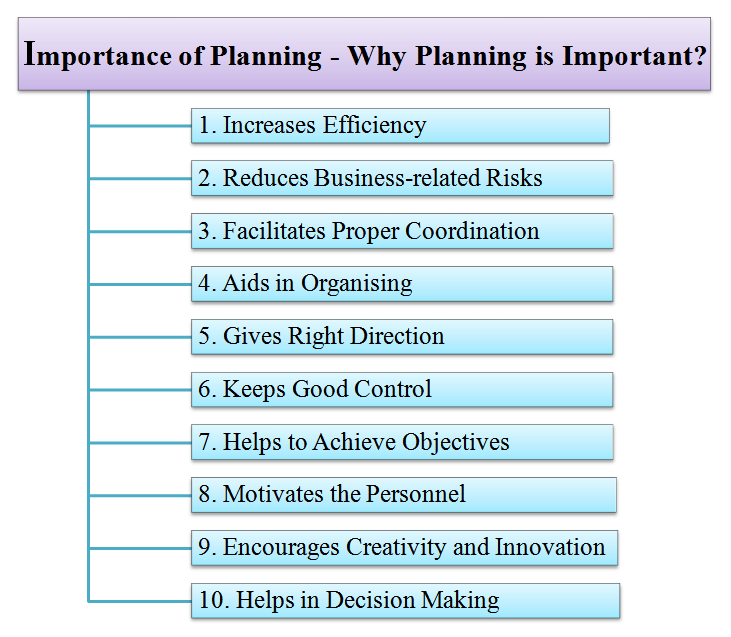
We may not like the character of another person, but we cannot influence him. And on ourselves - we can, if we only want to.
Our life is a journey with ups and downs, and only by paying attention to ourselves, focusing on self-improvement, on creating a better version of ourselves, we are able to change our destiny. I believe that every person, having already stepped on the threshold of conscious life, should first of all think about getting to know the most important person in his life - with himself.
Do you carry ficus with you?
A man came to visit a friend. They spent a good evening together. He was invited to stay. At night, his stomach ached, and in order not to disturb the owners, he decided not to go far and took advantage of a large ficus in the living room where he slept. He left early in the morning while the owners were sleeping. Years passed, somehow he met a friend on the street and became interested in how things were going.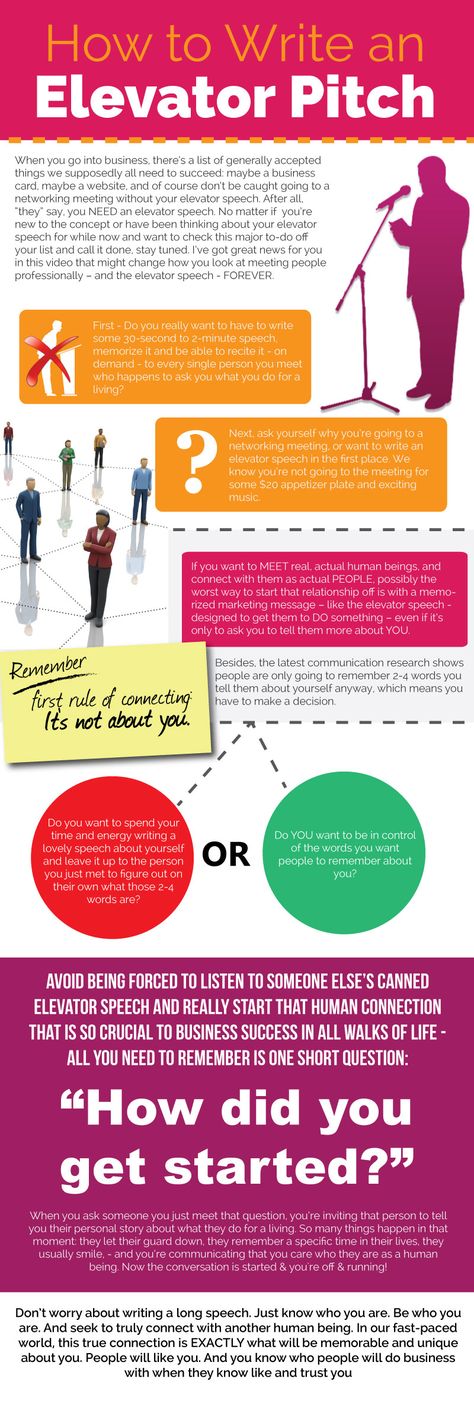 And he replied: “Things are good, but we have a problem with apartments! We are already changing the fifth, but to no avail - it still stinks. ” Our hero asked embarrassedly: “And the ficus? Do you carry ficus with you?
And he replied: “Things are good, but we have a problem with apartments! We are already changing the fifth, but to no avail - it still stinks. ” Our hero asked embarrassedly: “And the ficus? Do you carry ficus with you?
You can change cities, countries, husbands, wives, leaders and subordinates, but if you do not change your character and do not manage yourself, mistakes and failures will be repeated again and again. Our character, like that ficus from a joke, will remind of itself.
It doesn't matter if you are the head of a large concern or a housewife, managing your life and destiny is important for everyone. Maturity does not depend either on the position or on the years lived. You can be young, but already a mature person, or you can live your whole life without knowing yourself. Is a person capable of managing himself if he is not at all familiar with the object of management - his character?
A constituent part of a person's personality is his habits. We form habits and habits form us. Every habit is a system of persistent neuronal connections. Why are habits hard to change? The fact is that behind them are the connections of neurons, which, when an impulse is applied, act according to a given pattern, follow a certain path.
We form habits and habits form us. Every habit is a system of persistent neuronal connections. Why are habits hard to change? The fact is that behind them are the connections of neurons, which, when an impulse is applied, act according to a given pattern, follow a certain path.
Character is a certain set of automatic reactions. Automatic reactions, of course, help us, make it possible to quickly navigate. We do many things “on the machine”, without thinking. And if there is a stable habit of responding in a certain way to the challenges of the outside world, we will respond in the same way to the same event day after day. On the one hand, it's great. Imagine that the glass falls, and we begin to analyze what should we do? How best to react? What muscles to tense? Of course, we automatically catch him and save the situation. Or we are attacked, our reaction is automatic, and we react without thinking for a long time.
Also great - we operate at the level of the reptilian brain, at the level of instincts: fight, run or freeze.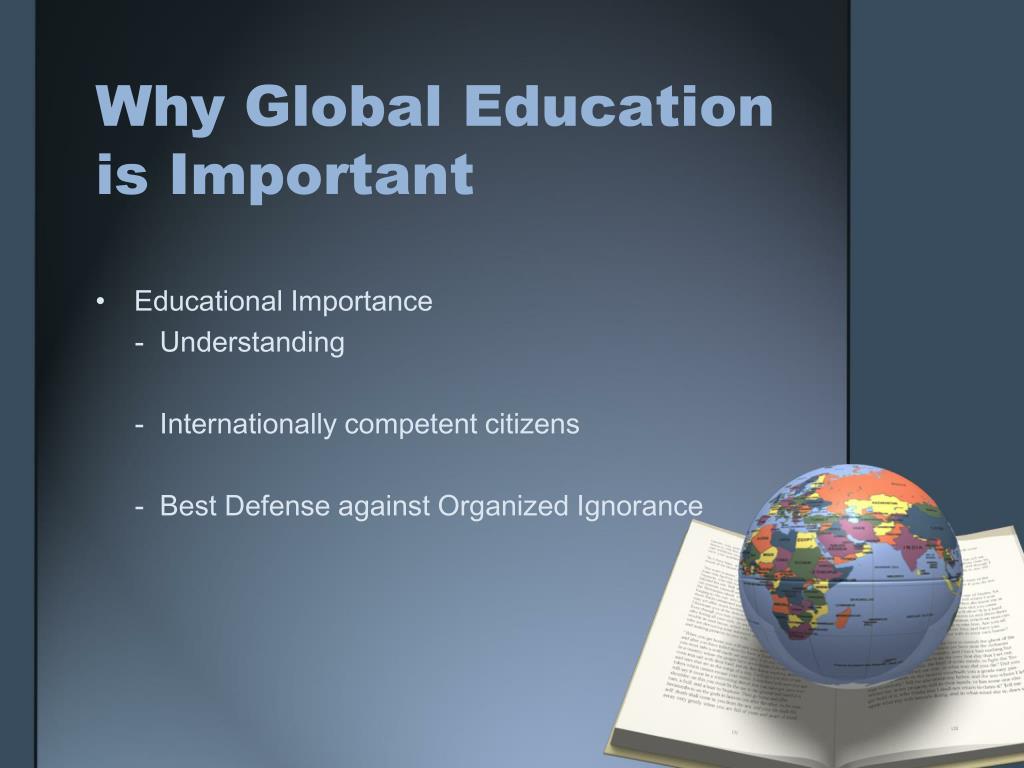 On the other hand, is it good to live completely “on the machine”, without thinking about the important things, about what would help improve the quality of life? Do something differently. To have the right to choose a reaction to different situations - to react consciously, feeling that there is space between the stimulus and the reaction, there are many options for responding. And we are somewhat similar to Pavlov's dog: there is a signal - there is salivation, and it does not matter that there is no food, the main thing is that the light is on!
On the other hand, is it good to live completely “on the machine”, without thinking about the important things, about what would help improve the quality of life? Do something differently. To have the right to choose a reaction to different situations - to react consciously, feeling that there is space between the stimulus and the reaction, there are many options for responding. And we are somewhat similar to Pavlov's dog: there is a signal - there is salivation, and it does not matter that there is no food, the main thing is that the light is on!
“Everyone annoys me,” says the hot-tempered man. At the same time, he does not think about why he reacts this way, why he shows aggression and does not know at all that there is another option for responding.
He acts at the level of automatic reactions, without awareness, and becomes a follower, a slave of his character. Character begins to control the fate of a person, and not a person - his character.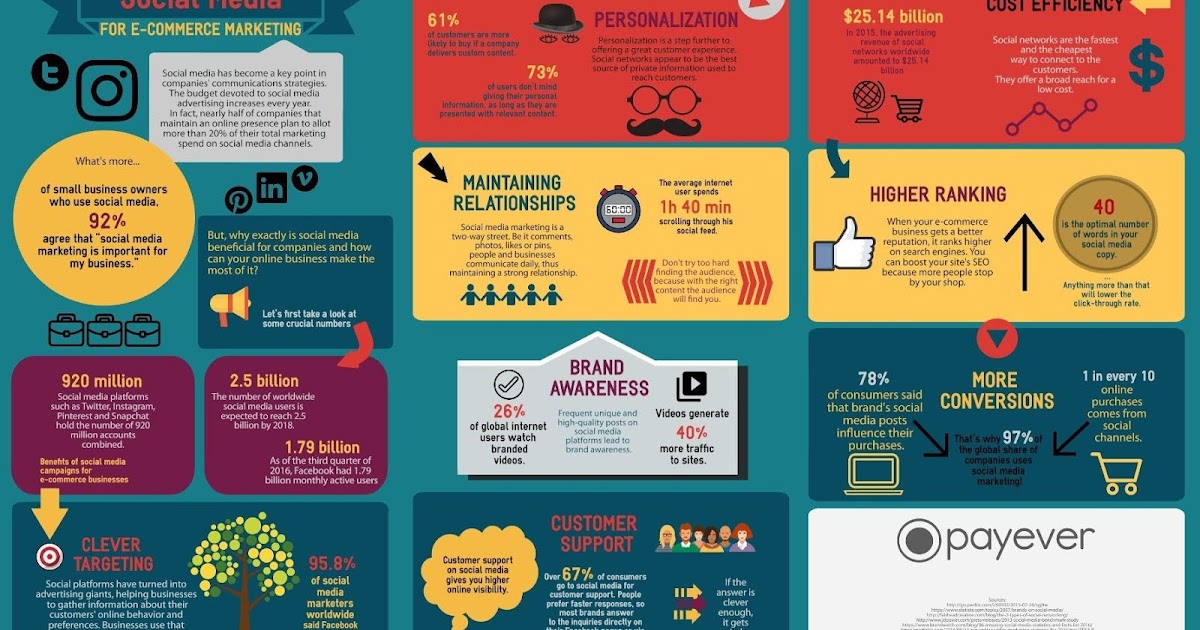
Neuroscience claims that the connections that occur in the brain are the biological basis for habits and conditioned reflexes. Otherwise, they are called patterns - persistent patterns of behavior, connections of neurons in the brain. One set of habits and reactions we inherit, the other we form unconsciously in childhood. Many may even be aware (at best) of their difficult nature and admit: “Yes, I have a difficult character, but I can’t help myself.”
You already know that the brain is plastic and can change if we want it to. But it turns out that we are not only capable of changing our character and habits. After we have changed our character, breaking old patterns of behavior, we are even able to change our genes.
This news once struck me. Science has proven that after a person changes his character, the changes are fixed in the person's genotype. Old patterns are broken and the body begins to develop new ones.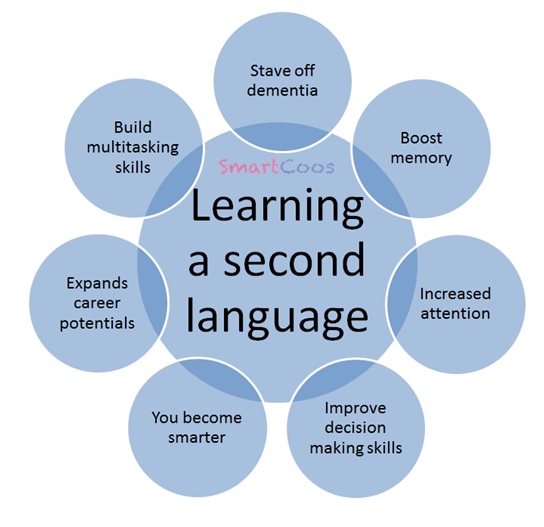 Over time, they grow stronger, finally and irrevocably crowding out the old ones, and are fixed at the level of genes. It turns out that we always have a chance not only to improve our own character, but also to make an invaluable contribution to the nature of future generations.
Over time, they grow stronger, finally and irrevocably crowding out the old ones, and are fixed at the level of genes. It turns out that we always have a chance not only to improve our own character, but also to make an invaluable contribution to the nature of future generations.
To make it clear, let's turn on the imagination and imagine that somewhere in a small village, where everyone knows each other, and the surnames in the family are consonant with the corresponding human qualities, a boy was born. Born in a family where all family members are unusually greedy. The boy is from a greedy family, and in the village they know that this family has long been famous for greed. A boy grows up in a family where all habits and all actions are based on stinginess. And he does not see, does not realize his character, his greed - despite the fact that in the village they already point the finger at him and notice this weakness in him. Let's imagine that at some point an insight comes to him and instead of aggressively denying, he sees and realizes that in fact he has a serious problem, wants to correct the situation and starts working on his character. From that moment on, a miracle will happen - as he changes, so will his genes. So, if one day a child is born to him, he will give him completely new, altered genes, free from the vice of greed.
From that moment on, a miracle will happen - as he changes, so will his genes. So, if one day a child is born to him, he will give him completely new, altered genes, free from the vice of greed.
The Universe is always ready to help us in our evolution. Our brain changes, new habits are fixed in it, new patterns appear.
It turns out that a conscious step of one person can influence and improve the genotype of the whole family! In history, opposite cases are also known, when one person, having seriously violated the laws of the Universe, along with material values, passes on genetic diseases to descendants.
Let's take another look at the chain of mysterious transformation: a person becomes aware of his negative traits, begins to work on himself, changes. And when he himself changes, his fate, his genes and all future generations change after him. Judge for yourself, isn't it a miracle? Would you like to work on a good genotype for your generations? I think such a gift is much more important than material wealth, sometimes acquired dishonestly, fraught with weak genetics and various diseases.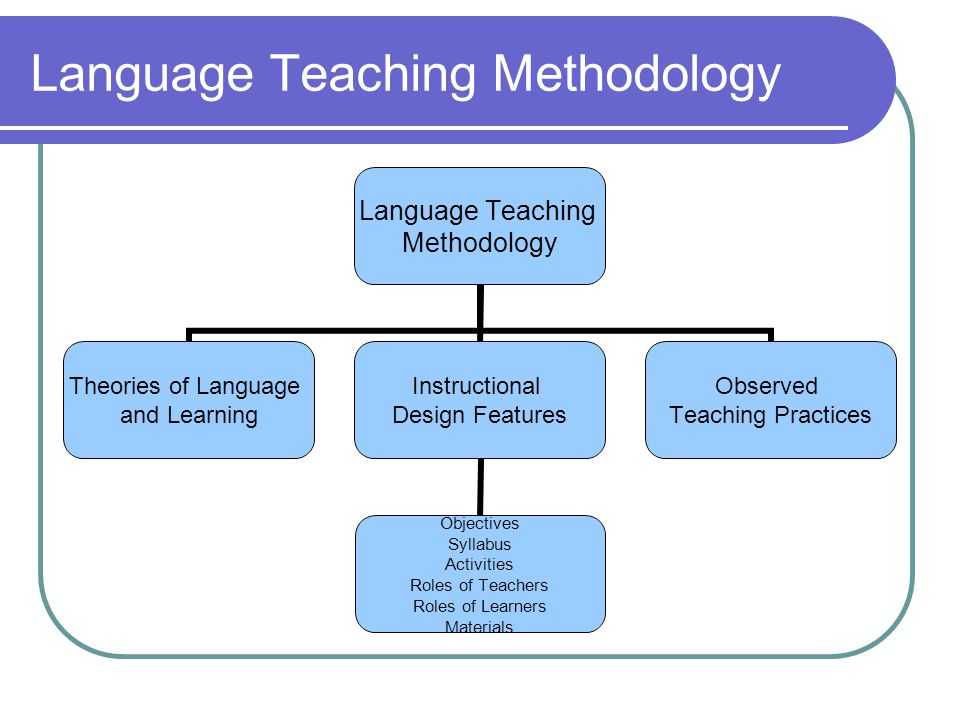
We can and must change. For me, the meaning of life is in the evolution of the mind. A person is able to part with a bad character, with previous reactions, break the circle of vicious inclinations, helping himself and future generations. We can create a new self by drastically changing what we don't like. We can spiral upward, recognizing past mistakes and finding fresh solutions, creating a new vision. New self.
By changing our vision, we change behavior and habits. As a result, the incentives that we send to the outside world change, and we rise to the next level of development.
There is a quantum leap of consciousness, and the person begins to vibrate differently. New stimuli trigger the responses of the world around us and radically change the life situations in which we find ourselves. Thus, by changing our consciousness, we are able to change our destiny. But this will happen only when, instead of trying to correct others, put on comfortable masks, whine and go in circles, we begin to use life energy in finding ourselves.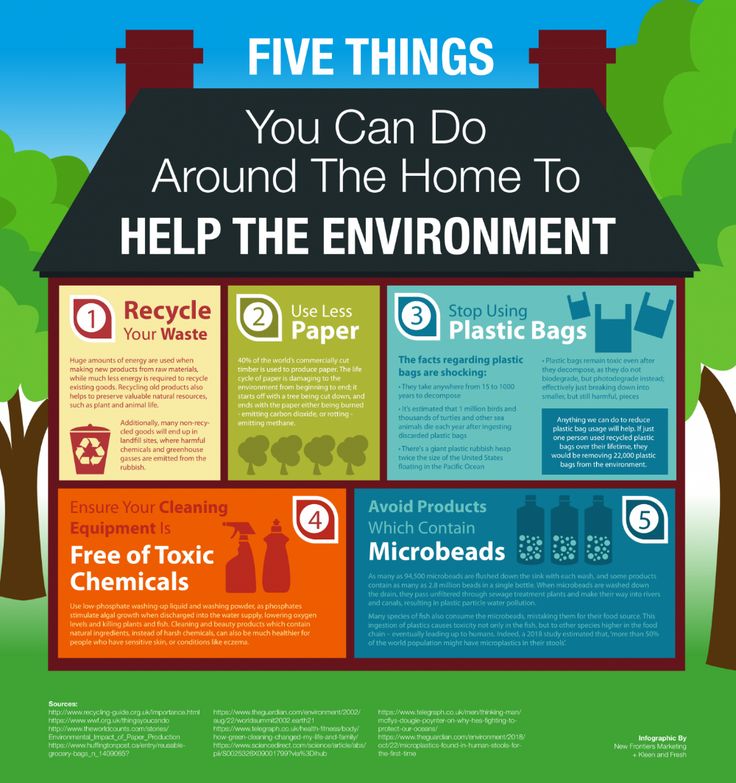
Behavior and character
Is the behavior appropriate to the character? Many people think that they are one and the same. But it's not. Behavior does not always reflect our nature. Behavior is an external manifestation in the outside world, and it often answers the question: who do I want to appear?
What is more important - character or behavior? When I ask this question to the audience, the answers I get are very different. But most often people believe that the main thing is behavior. In other words, external manifestations often mean more to us than internal ones. Simply put, what I want to appear is more important than who I really am!
“A person should be well-mannered and watch his behavior,” listeners object to me. But you must admit that a person who must behave “correctly” and therefore is not rude (upbringing does not allow) is fundamentally different from someone who has a priori respect for people in his character and is simply not able to be rude.
For a mature person, behavior is derived from character and does not particularly differ from its essence. People whose behavior is an extension of character are whole, congruent people. Such a person has consistency in all manifestations: he thinks, feels, speaks, does. Behavior is the external manifestation of a person, while the core is his character, intentions, motives, values.
A quick-tempered person can restrain his anger if necessary, but is still fundamentally different from someone who does not react to the situation at all and does not get irritated. Despite the fact that externally their behavior is the same, the internal content is completely different. The quick-tempered one is often indignant over trifles, but he never realizes that his character is the source of anger.
In a good way, behavior should flow from character. But we live superficially, where necessary - we put on a mask and do not reach the depth, our true essence.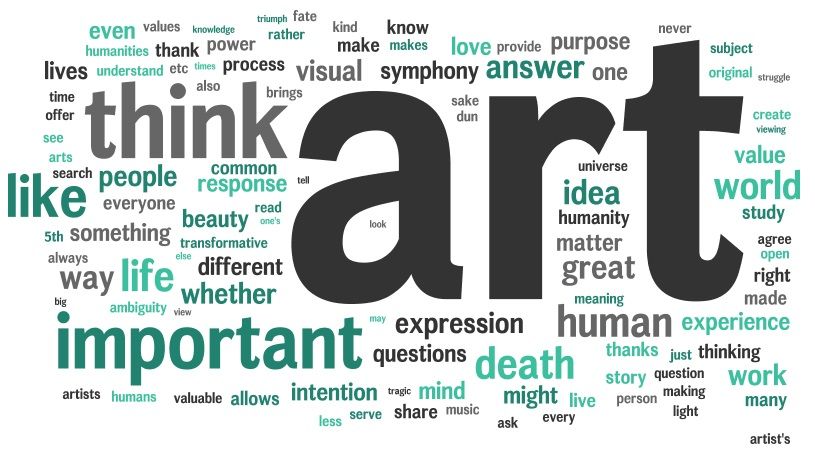
The person may be dissatisfied with others and think: “Why am I being treated so badly? Why are they not respected? Why am I surrounded only by unpleasant people? Why is everything so unfortunate: the wife is unbearable, the leader is a bore, the subordinates are terrible, the neighbors are bad? And he does not even suspect that the source of all troubles is his character! Perhaps, at the level of behavior, a person corrects something in order to please where it is beneficial for him. But it does not fundamentally change anything - because it does not see a causal relationship. Indeed, in order to rebuild something fundamentally, it is necessary to work with character, to answer difficult questions. For example: what can I change inside to interact with the outside world more harmoniously? How do I attract these situations and these people into my life? What are they telling me? How does my character manifest in these situations?
The character is woven from many attitudes received at birth.They form our picture of the world, and she is the magic binoculars through which we look at this world.
The "Iceberg" model of the American psychologist Paul Watzlawick illustrates the above very clearly. The visible part of the iceberg is behavior, skills, attitudes, actions, competencies. That is, everything that I demonstrate to the outside world. All soft skills trainings mainly work in this area of the personality, “pumping up” skills and competencies. For example: if you want good communications, watch your body, take an open pose. Sometimes they can even give you recommendations on how many times to blink and how to gesticulate in order to inspire confidence in the interlocutor. If you want to be charismatic - build up confidence, look into the eyes of the interlocutor in order to show that you are interested in him (and the fact that you are actually absolutely not interested is not important). It turns out that we are taught a skill that is "purified" from the human psyche, from his character and therefore does not have any depth. What the person thinks, what the person feels at the same time - it no longer matters. The main thing according to this theory is to give out what is needed at this moment to achieve the goal.
What the person thinks, what the person feels at the same time - it no longer matters. The main thing according to this theory is to give out what is needed at this moment to achieve the goal.
But the iceberg also has a hidden part, much more powerful than the surface. It is similar to the one that the Titanic once stumbled upon. This is the so-called "hard drive" of a person, which is the hidden meaning of his existence. It is in it that the true goals of our behavior, the motives of actions, hidden beliefs, true values, secret attitudes are hidden. I propose to deal with this part of your personality. After all, if you train only skills, not taking into account the essence, everything will quickly return to normal. Or you will walk around in a mask all the time, having lost touch with yourself and the taste of “authenticity”.
You yourself know that you can go through trainings, upgrade various skills, but it will take a few days, and everything will be the same as before.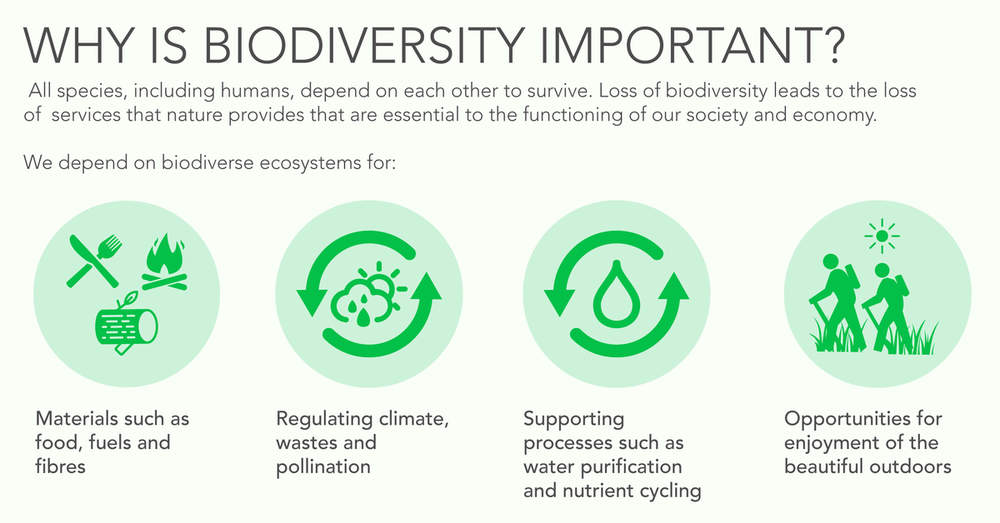 Nothing will change, because the skills will be artificially grown, superficial, cleansed of the essence, not yours. In fact, it is much more effective to look deep, find the reasons for your behavior, try to understand yourself, and if you don’t like something, change from the inside, and not correct the mask.
Nothing will change, because the skills will be artificially grown, superficial, cleansed of the essence, not yours. In fact, it is much more effective to look deep, find the reasons for your behavior, try to understand yourself, and if you don’t like something, change from the inside, and not correct the mask.
A million under 33: 9 young entrepreneurs who have created a serious business
9 photos
Does a person need a person? Why do people continue to meet in person in the digital age? You can generally have only virtual friends. However, we continue to communicate live, travel to conferences and go to meetings. Event LIVE asked colleagues and communication professionals about whether online events will replace face-to-face communication, why people need live communication in the era of digitalization, and in what direction interpersonal communication is changing in general today.
A real person in the world of fakes
Alena August, communications expert, director of August & Co, member of the political technologies committee of RASO:
No matter how the running time tries to gadgetify us, the most valuable and more valuable is personal communication, live communications.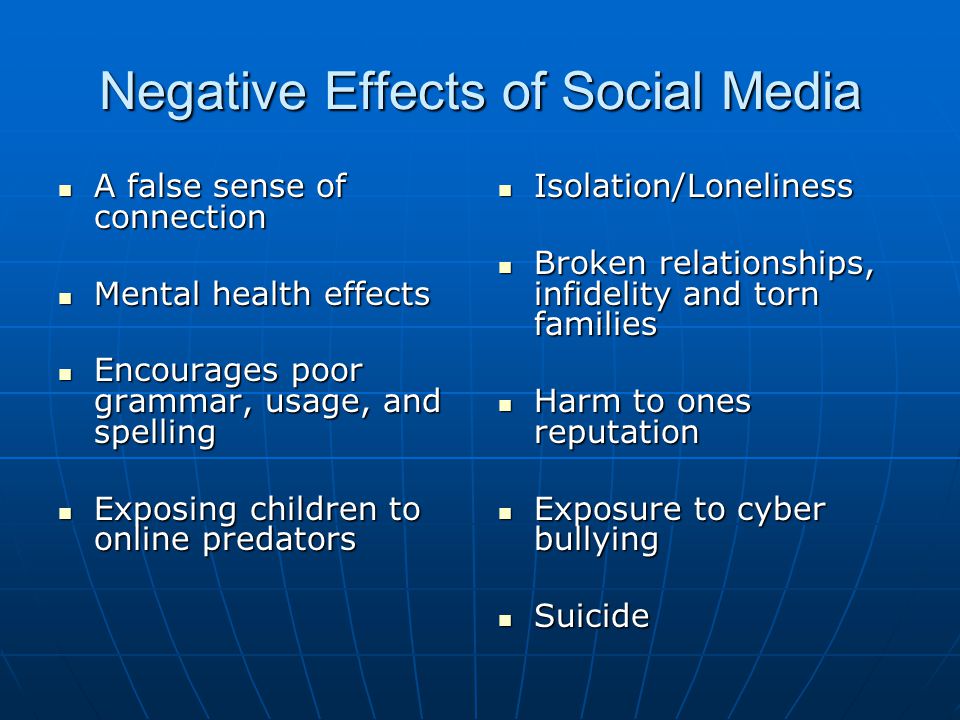 Why? Because in a world full of fakes, only a person remains a person. In Russia, personal contacts play a special role - we are more emotional than many, and the feeling of "friend or foe" is very important for business contacts, decision-making, and the creation of common projects.
Why? Because in a world full of fakes, only a person remains a person. In Russia, personal contacts play a special role - we are more emotional than many, and the feeling of "friend or foe" is very important for business contacts, decision-making, and the creation of common projects.
The experience of organizing the all-Russian competition of managers "Leaders of Russia" once again illustrated how important live contacts and people of their own spirit are - many of our participants, who have not even broken into the coveted hundred winners, stay in touch and solve business issues, organize project teams, meet live.
Nothing more valuable than a person for a person has yet been invented. Probably, another effect is connected with this - the fear of the unexpected development of Facebook friends as a possibility of error and mismatch between the existing virtual image and a living person with all his troubles.
A personal meeting is more effective
Dina Nazarova, PR Director of Media108 marketing agency:
No technology can replace the value of human connection, especially in a PR job where connections continue to be one of the core competencies.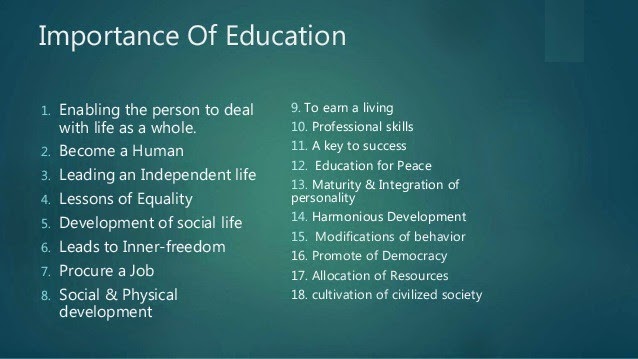 In our daily communication, we can correspond for days with journalists and other groups of the public, without knowing the addressee by sight. But even a fleeting personal meeting, a short “hello” at a party, sometimes decides much more than a thousand printed words.
In our daily communication, we can correspond for days with journalists and other groups of the public, without knowing the addressee by sight. But even a fleeting personal meeting, a short “hello” at a party, sometimes decides much more than a thousand printed words.
Human being is a social being
Elena Aleksandprova, founder of the Personnel Center, ASL consulting expert consultant:
A person needs a person, therefore, despite the activity of social networks, people want live communication. A lot of clubs organized online go offline, and the activity increases and multiplies every day. Man is a collective being, he has a physiological need for live communication. Of course, people are divided into introverts and extroverts, but according to psychologists, firstly, there are practically no pure types, in working mode a person can be an introvert, but getting into the circle of his hobbies, he can become an active leader who, with his stories about "football" will infect everyone.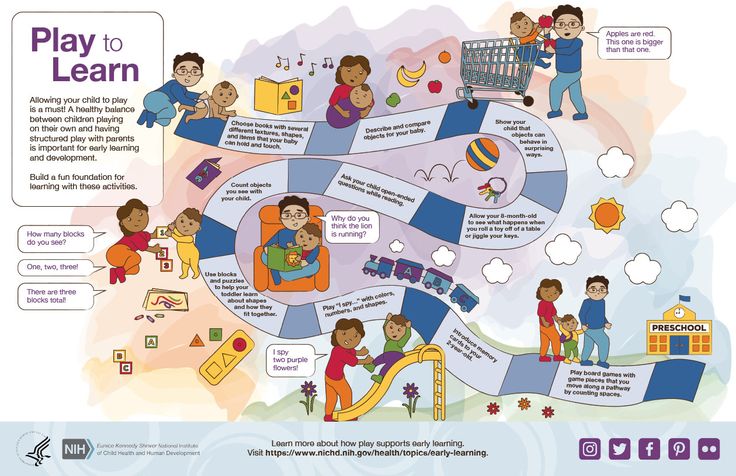
Webinars, online broadcasts of events, recordings of speeches, Skype conferences, instant messengers and other tools give us the opportunity to be here and now, to communicate where it is convenient for us without interrupting our current affairs. We broadcast news, share events, make requests and receive answers. But nothing can replace live face-to-face communication with a person. Feeling his energy, capturing the nuances of reactions, seeing interested eyes, noticing changing intonations is worth a lot.
In live communication, a person uses all his senses, from smell to tactile, no online communication can replace this.
A vivid example - not so long ago I got acquainted with a golf club in social networks, organized to show the democratic nature of this sport. For many years, Golf was considered an elite, closed club of status persons.
If you remove the veil of pathos and expensive equipment, however, as in many other sports, then the value of the game itself is to gather interesting people, and the aesthetics of the fields, the excitement of the game and heated discussions of the game itself and the results help to relax and recharge for work.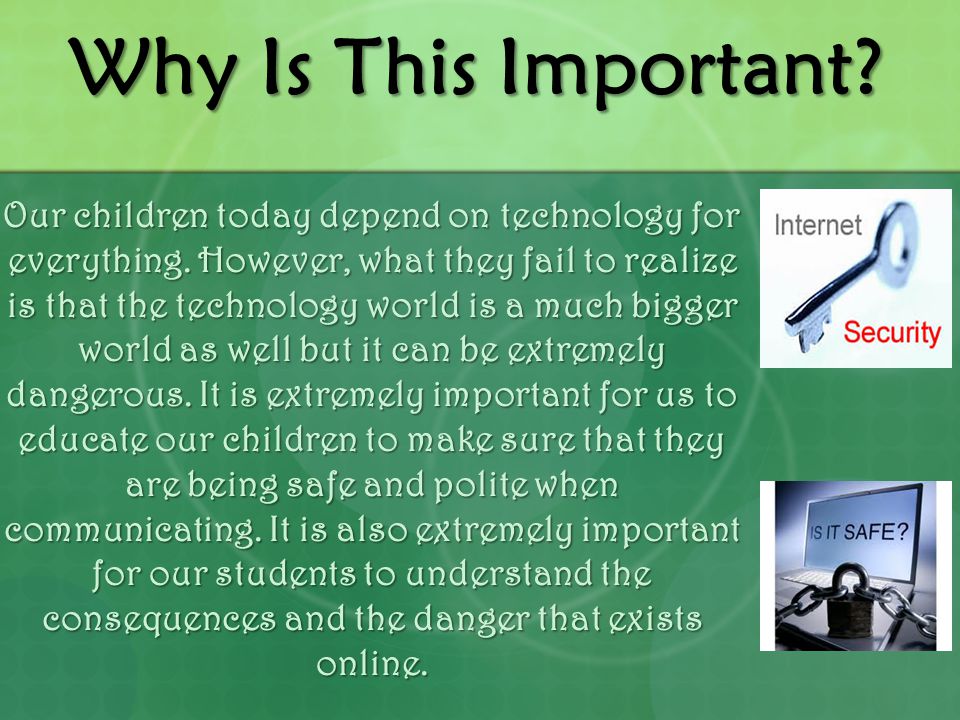 A very convenient format for coaching, I practice with my clients - when you take a stick in your hands, problems dissolve by themselves and a person opens up, it is easier to work. Online such a pastime is impossible.
A very convenient format for coaching, I practice with my clients - when you take a stick in your hands, problems dissolve by themselves and a person opens up, it is easier to work. Online such a pastime is impossible.
Personal meetings are required
Yaroslava Zarueva, founder of ANT Persona:
Online events will never replace face-to-face. Communication is the only way to build relationships with the outside world, the world of people. Communication makes it possible to exchange information, ideas, emotions, impressions. And communication is not meant only by speech, because we observe how deaf and dumb people communicate.
The need for communication is inherent in human psychology, someone needs it more, someone less, but we all need communication, exchange. This exchange fills our life, makes it colorful and multifaceted. Communication gives a person a sense of need, demand as well. In our high-tech time, there are many ways to communicate without personal meetings, but how necessary they are!
Why do we, having the opportunity to buy records of our favorite artist or hear his songs on the radio, still try not to miss a concert, try to buy a ticket to a place closer, more comfortable? Yes, we want to hear a "live" performance and get the "energy charge" transmitted by the performer to the public. We want confirmation of what resonates in us when we listen to his music. We go to a concert for sensations.
We want confirmation of what resonates in us when we listen to his music. We go to a concert for sensations.
It is the same in face-to-face communication during networking: communication “live” to develop a pool of new contacts, build sustainable relationships with those who are interested in us or who are interested in us. How do we try to define "us/them"? We can watch a video or an online broadcast of some professional of interest to us an infinite number of times, read a lot of his articles, be subscribed to his blog or page. We already trust him, we look at the world with him with the same eyes. But a face-to-face meeting can dispel the image we have created for ourselves by reading or listening.
A person seeks to enter the field of live communication, he wants to get an impression from the meeting, to get specific feelings from acquaintances, to form his own idea of who he is talking to or listening to.
These impressions, sensations help us to note for ourselves the peculiarities of behavior, intonations, to catch or not to catch charisma, to get a lot of information that we read when communicating with a person.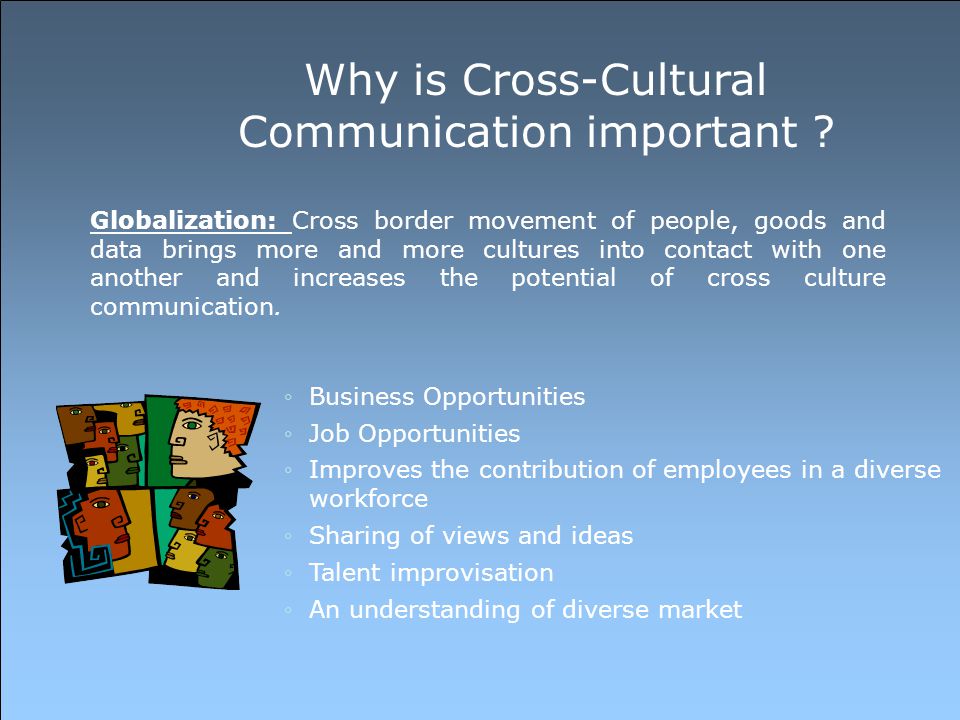 And to understand whether this is our person, whether we are ready to build and continue relationships with this particular person or group of people, and maybe the company as a whole. It helps us to strip away the unnecessary by isolating what is necessary for us as an individual or as a business unit. This is how we create our environment, our sphere of partnership and interaction for professional activity or business.
And to understand whether this is our person, whether we are ready to build and continue relationships with this particular person or group of people, and maybe the company as a whole. It helps us to strip away the unnecessary by isolating what is necessary for us as an individual or as a business unit. This is how we create our environment, our sphere of partnership and interaction for professional activity or business.
Messengers, apps and platforms come to help build connections at an event and can replace live communication among delegates and organizers. The authors of the developments claim that digital networking is effective. Read the details in the article How to get to the library, or Digital networking
It is important for people to feel
Nadezhda Muravyova, Head of the New Height Personality Resource Center:
There are two main reasons why online events will never replace face-to-face. The first lies in the fact that most people are visuals and kinesthetics. Audials are the fewest, and online events are more about auditory and a little bit about visuals. Everything that we manage to touch, feel, causes us more emotions, more confidence. And the second reason lies in trust - face to face we can share the innermost with a person, but online communication cannot guarantee privacy. Especially in this age of technology, everything secret becomes clear very quickly. Therefore, people prefer more personal communication. Here, by the way, there is one more nuance: in the camera a person can look perfect, in accordance with the chosen image, but in a personal meeting, real behavior, real status, real qualities can come out. Not everyone is ready to take risks, going into real life. But: nothing replaces personal communication! Sincerely, warmly, confidentially. That is why online events will exist and multiply, but real trusting relationships will develop only through personal communication.
The first lies in the fact that most people are visuals and kinesthetics. Audials are the fewest, and online events are more about auditory and a little bit about visuals. Everything that we manage to touch, feel, causes us more emotions, more confidence. And the second reason lies in trust - face to face we can share the innermost with a person, but online communication cannot guarantee privacy. Especially in this age of technology, everything secret becomes clear very quickly. Therefore, people prefer more personal communication. Here, by the way, there is one more nuance: in the camera a person can look perfect, in accordance with the chosen image, but in a personal meeting, real behavior, real status, real qualities can come out. Not everyone is ready to take risks, going into real life. But: nothing replaces personal communication! Sincerely, warmly, confidentially. That is why online events will exist and multiply, but real trusting relationships will develop only through personal communication.